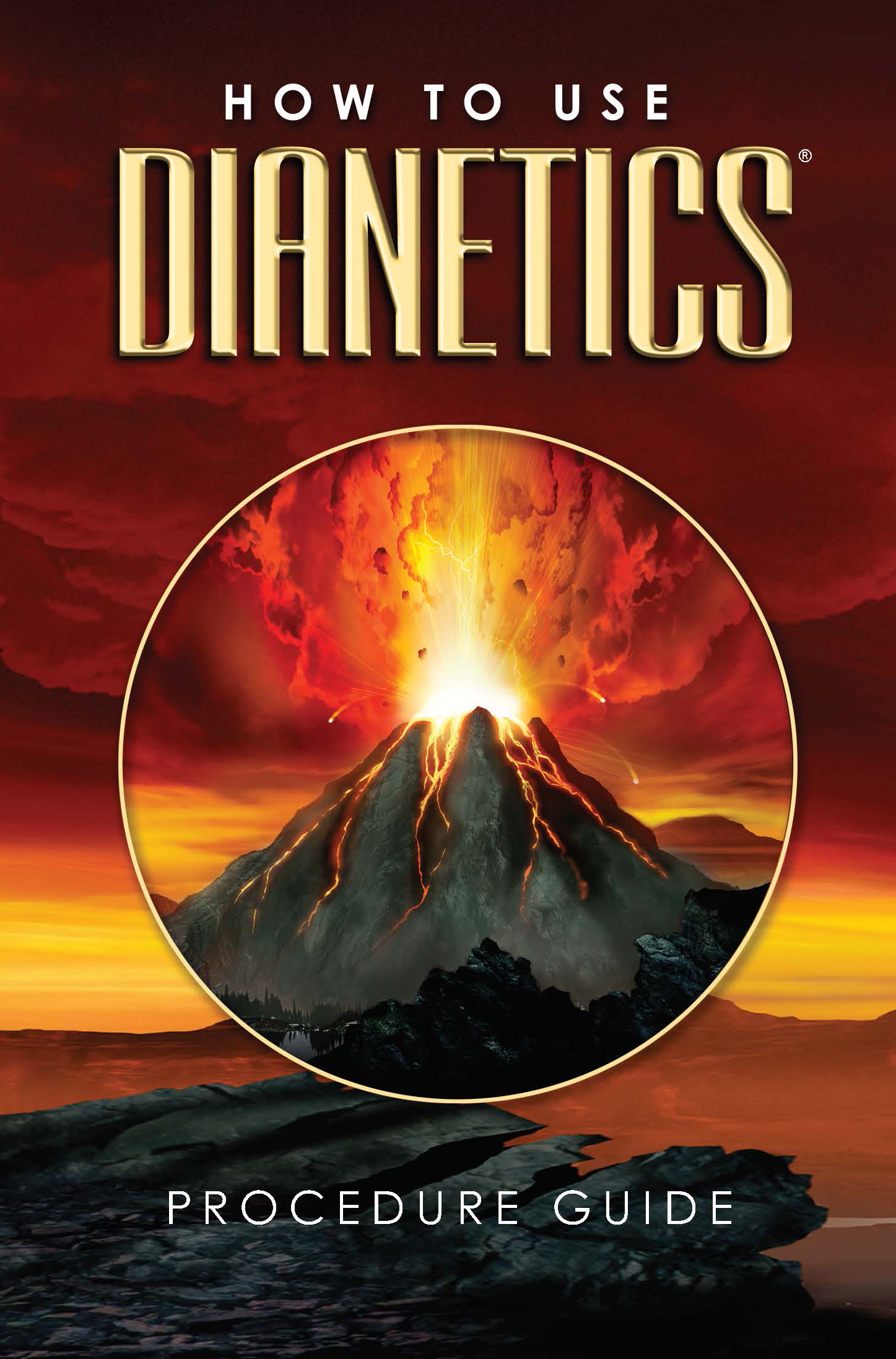Dianetics for Dummies
Dianetics for Dummies
Blog Article
The Dianetics Diaries
Table of ContentsWhat Does Dianetics Mean?Fascination About DianeticsSome Of DianeticsSome Ideas on Dianetics You Need To Know
I couldn't ever not intend to receive anything that enters your mind for you- if it was otherwise, I wouldn't be resting here with you, doing this. I not just might never ever have a problem, or otherwise wish to listen to something that comes to mind for you, but I'm completely anxious to know every idea, every thought, every picture or sensation that emerges or manifests for you- don't ever assume otherwise, and if for some reason you do, please just let me understand! Often, you might have an idea, and photo, concept or case turn up that does not appear to respond to the concern, or relate to it, but however, constantly do tell me concerning it, and as we continue, the significance will arise for you.This is integral in the basis of processing, and the topic of this conversation: the standard roles of the counselor and the client: The basic function of the counselor is, unlike "common training", not to manage, which means to implement and/or hinder, however to rather work from the basis of EMPOWERING THE CUSTOMER.

The Best Guide To Dianetics
John Mcmasters shared this basic fact wonderfully well in among his lectures on Power handling, wherein he describes just how he was asked what this "special propensity" was that he had for offering such terrific sessions; he needed to think regarding that for a minute, and spotted that it was what he wasn't doing, along with what he was doing: he wasn't examining, evaluating, computer, or in fact, producing any kind of ideas, not to mention verbal expressions, after providing the command and while awaiting the PC to complete their response to their contentment; he was, merely and only, being present with the PC, and totally interested.
The role of the counselor, demonstrated; that was his "special knack". I have had my own experience which taught me this well, very at an early stage in the game. In 1982, having just recently finished my training and teaching fellowship on New Age Dianetics, I was running this on a COMPUTER, and there was a point in the session where (being a little bit wet behind the ears not yet having lots of hours under my belt as an expert auditor) the computer appeared to be "taking too lengthy" to reveal anything verbally after I gave him a command.
This trick ended up being the most valuable contribution that John ever made to the subject of treatment or auditing (Dianetics). In my humble viewpoint, it is the best contribution that anybody has actually ever before made to these subjectsthe application is completely non-judgemental, non-evaluative, and without any suggestion, guidance or opinion.no preconceived agenda for people, or 'levels' that they have to do
In Idenics, the only resource of information concerning a customer is the specific client. In Scientology we prided ourselves on not evaluating for people. All that really implied was that the auditor did not VERBALLY assess for the Computer in session. The registrars and values officers assessed for the PC.
A Biased View of Dianetics

Anybody that had ever before seen John audit could not aid but see a distinct top quality in his auditing."The customer's basic duty is to be there with the purpose of relocating in the instructions of their spiritual goals, and to openly and completely share and experience whatever manifests for them in responding to the questions and carrying out the guidelines in the processing.
This is something to procedure as required. But likewise, individuals frequently have previous experience and/or indoctrination in auditing/processing which, in some means, and to some extent, really deceives them right into perspectives, ideas and behavior patterns that stop the complete realization of these functions, therefore they will certainly tend to prevent the expressing of what see post enters your mind, as in the instances offered above. * The first, and possibly primary instances of mis-indoctrination bring about much less than entirely smooth and reliable sessions, can be found in certain aspects of the training routines, or "TR's":"TR's" are frequently a person's first, or at the very least early, experience in Scientology, and while I will take place to describe what I view as the problems in idea and method, nonetheless, tend to be significantly therapeutic, done as they are given (Hubbard insists that "TR's are not refining, they are educating", yet factually, they are more info here both processing AND training)
Alan Walter made similar observations, and enhanced these with his "Presence Processes". There is no "failing", and no rejection of the truth of this being processing. The emphasis, as it needs to be, gets on experiencing the other person's visibility. All the symptoms which get a "flunk" in doing "TR-0" are merely the being's initiatives to withstand the other individual's existence, and rather than being harassed and nagged with "Flunk", which imposes "failure!" on the being, one just needs to be encouraged to "stick their feet in the water a little much deeper", to progressively rehabilitate their capacity and desire to fully share and experience "being below", or "visibility", with others.
Little Known Questions About Dianetics.

Report this page